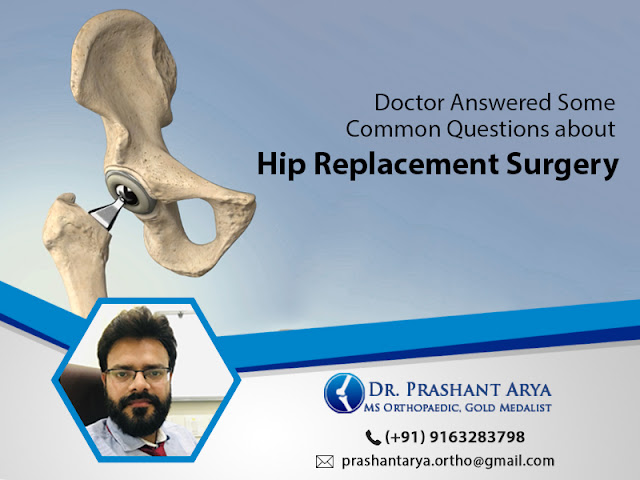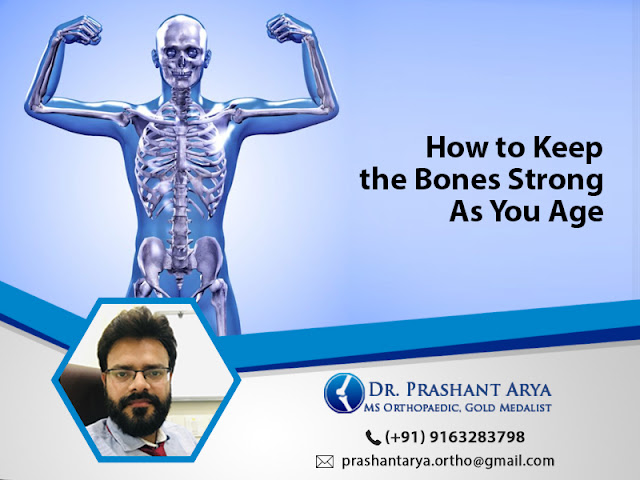FAQs on Rotator Cuff Tear – Answered by Orthopaedic Surgeon
Q. What is rotator cuff? What are its functions?
The rotator cuff is a collection of four muscles that join as tendons to form a "cuff" across the humerus' head (upper arm bone). The scapula gives rise to four muscles: supraspinatus, infraspinatus, subscapularis, and teres minor (shoulder blade). The larger and lesser tuberosities are specific sites on the head of the humerus where the rotator cuff tendons attach.
The rotator cuff aids in the lifting and rotation of the arm as well as the stabilisation of the shoulder's ball within the joint, explained the best orthopaedic doctor.
Q. What are the causes of a rotator cuff tear and how can I tell if I have one?
A rotator cuff tear can occur as a result of an acute injury, such as a fall, or as a result of typical age-related wear and strain, such as tendon degeneration.
Pain in the front of your shoulder that extends down the side of your arm is the most common symptom. It's possible that it'll show up during overhead actions like lifting or reaching. When you try to sleep on the affected side, you may experience pain. You may notice arm weakness and difficulties performing everyday tasks such as combing your hair or reaching behind your back.
You may experience intense pain, a snapping sensation, and quick arm paralysis if the tear happens as a result of an injury.
Q. When should I go to the doctor for a tear in the rotator cuff?
It's recommended to see an orthopaedic surgeon if you've hurt your shoulder or have chronic shoulder and arm pain. After that, he or she can establish a diagnosis and start treatment. A diagnostic imaging study, such as an MRI scan or an ultrasound, may be recommended by your doctor to confirm the diagnosis.
Early detection and treatment of a rotator cuff injury can help to avoid symptoms like weakness and loss of motion.
Your orthopaedic doctor in Newtown will assess both surgical and nonsurgical options and begin treatment.
Q. When does a rotator cuff injury necessitate surgery?
If you have persistent discomfort or weakness in your shoulder that does not improve with nonsurgical treatment, surgery is indicated. Patients who need surgery frequently complain of pain at night and trouble lifting and reaching with their arms. Despite months of medication and reduced arm use, many people will continue to experience symptoms.
Surgery is also recommended for people who use their arms for overhead jobs or sports. Pitchers, swimmers, and tennis players are the athletes who usually need surgery.
Q. What surgical repair alternatives are available?
The type of repair is determined by the findings during surgery. Débridement, a smoothing or trimming procedure, may be all that is needed to repair a partial tear. A full-thickness tear in the tendon's material can be healed from side to side. The tendon is restored directly to bone if it is torn from its insertion on the humerus (the most common damage).




Comments
Post a Comment